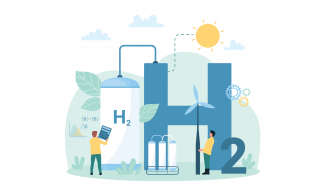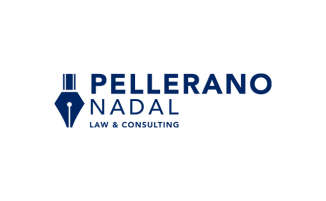1. Can you describe the current legal framework governing renewable energy in Germany and any significant regulatory developments that have occurred in the last year?
In a nutshell, the legal framework for renewable energy in Germany consists of a priority grid connection claim and support via the Erneuerbare-Energien-Gesetz (EEG) feed-in tariff for smaller installations and the market premium for larger installations. The market premium is paid by the grid operator and compensates for the difference between a bid awarded in a tender and the market prices.










